Moody photography is a trend that continues to captivate audiences, using rich shadows, dramatic lighting, and subdued tones to evoke emotion and tell powerful stories. This style isn’t just about creating dark images—it’s about harnessing light, color, and composition to bring depth and atmosphere to your work. Here’s how to elevate your moody photography to stand out in 2025.
Understanding the essence of moody photography
At its core, moody photography is about creating emotion. Whether it’s solitude, intrigue, or nostalgia, the mood of your image should resonate with viewers and make them feel connected to the story you’re telling. It’s not limited to low-light conditions—what matters is how you control the tonal range and contrast to highlight your subject and the overall feeling of the scene.
Mastering lighting techniques
Lighting is the cornerstone of moody photography. By strategically manipulating light, you can create tension, drama, or softness in your shots.
Directional lighting for contrast
Use directional lighting, such as a side light or a spotlight, to create stark contrasts between light and shadow. This technique emphasizes shapes and textures, adding depth and intrigue to your images.
Backlighting for subtlety
Backlighting can be used to create silhouettes or add a soft glow to your subject. For instance, a figure framed by a dimly lit window or foggy backlight can convey mystery and isolation.
Low-key lighting for intensity
Low-key photography is synonymous with moody shots. Using minimal light, focus on illuminating specific areas of the frame while allowing the shadows to dominate. This approach works well for portraits, still life, and atmospheric landscapes.
Composing for mood and emotion
Moody photography thrives on thoughtful composition. Your framing, use of space, and focus on details play a huge role in shaping the story.
Use negative space
Negative space can amplify the feeling of isolation or introspection. A single subject placed against an expansive dark background creates a sense of vulnerability or peace, depending on your intention.
Focus on textures
Include rich textures like wood grain, flowing fabric, or water ripples to add tactile depth. Textures become even more impactful in moody photography, as they interact with light and shadows to draw the viewer in.
Play with perspective
Experiment with high and low angles to change how the viewer connects with your subject. For example, shooting from below can make a subject feel imposing, while an overhead shot might evoke vulnerability.
Balancing colors and tones
While moody photography often relies on darker tones, color balance is crucial to maintaining depth and interest.
Muted color palettes
Opt for desaturated tones to maintain the somber mood without overpowering the scene. Subtle colors like deep blues, grays, and earth tones complement the style and let shadows take center stage.
Warm accents in cool scenes
A single warm element, like a glowing lantern or a person in a red scarf, can draw the eye and create contrast within a predominantly cool-toned image. This balance between warm and cool tones enhances the drama and impact.
Advanced techniques for moody photography
Moody photography offers endless creative opportunities. Experiment with these techniques to refine your style.
Incorporate fog or smoke
Natural fog or artificial smoke can diffuse light and add layers of atmosphere. This technique is particularly effective in landscapes and environmental portraits, creating a dreamlike quality.
Focus on small details
Moody photography excels at telling stories through subtle details. A single tear on a cheek, raindrops on a window, or a hand clutching a scarf can evoke emotion and intimacy, drawing viewers into the moment.
Experiment with long exposures
Long exposures can blur motion, creating ghostly trails of light or misty water that add a sense of mystery and movement to the scene.
Moody photography is more than just a trend—it’s a versatile style that lets photographers explore depth, emotion, and storytelling. You can transform ordinary scenes into compelling narratives that resonate with your audience by mastering lighting, composition, and tonal balance. Experiment with these techniques, and watch as your images take on a powerful, evocative life of their own.
Not on 500px yet? Sign up here to explore more impactful photography.

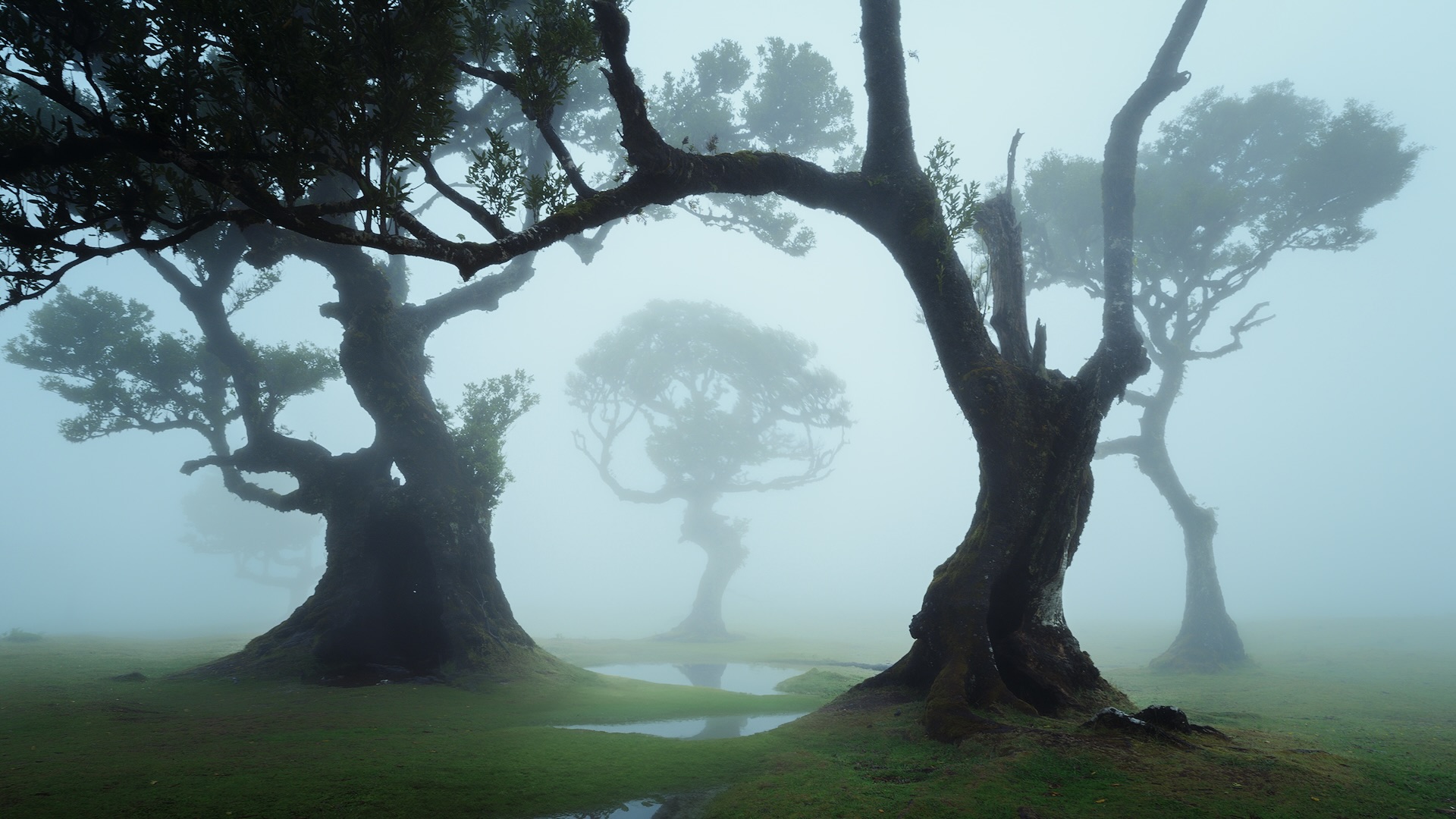
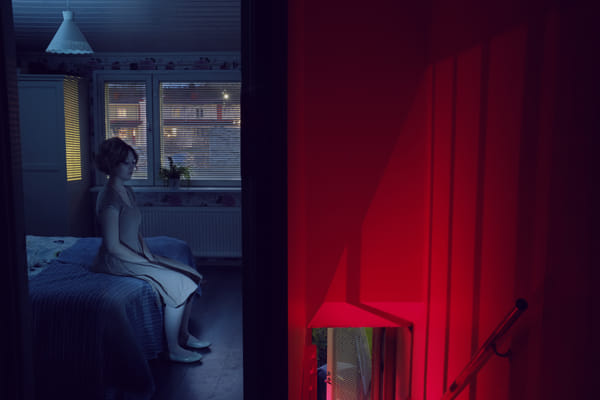
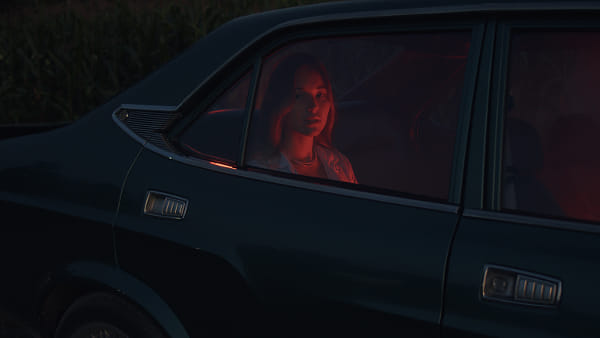
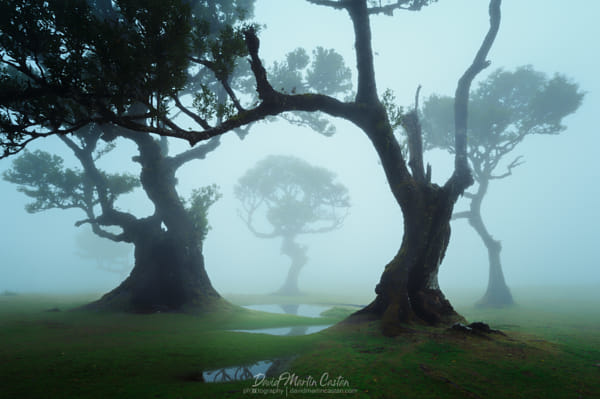
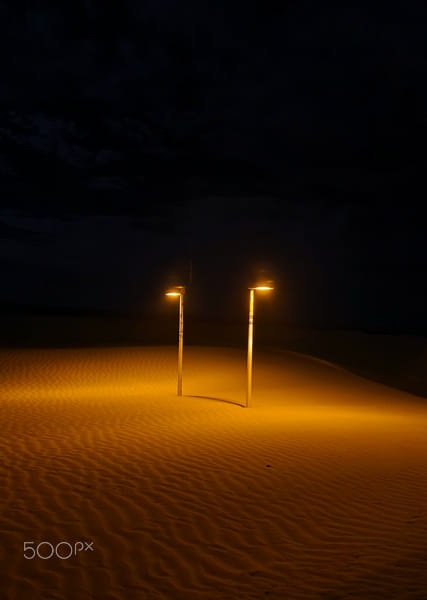
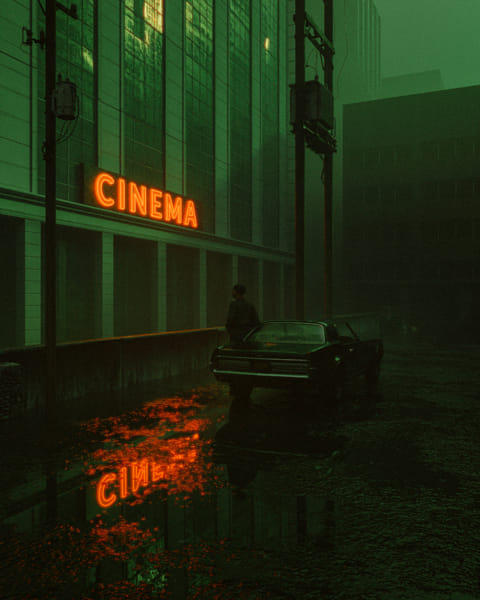
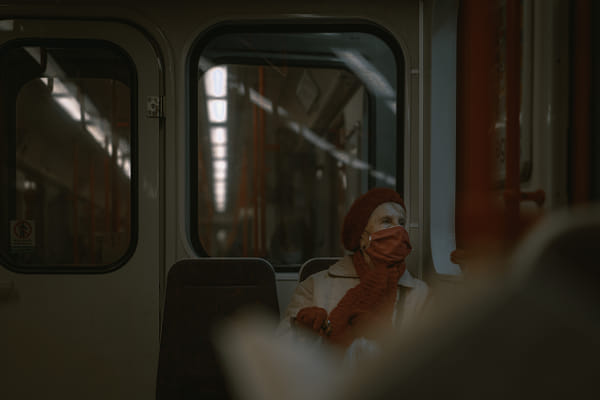
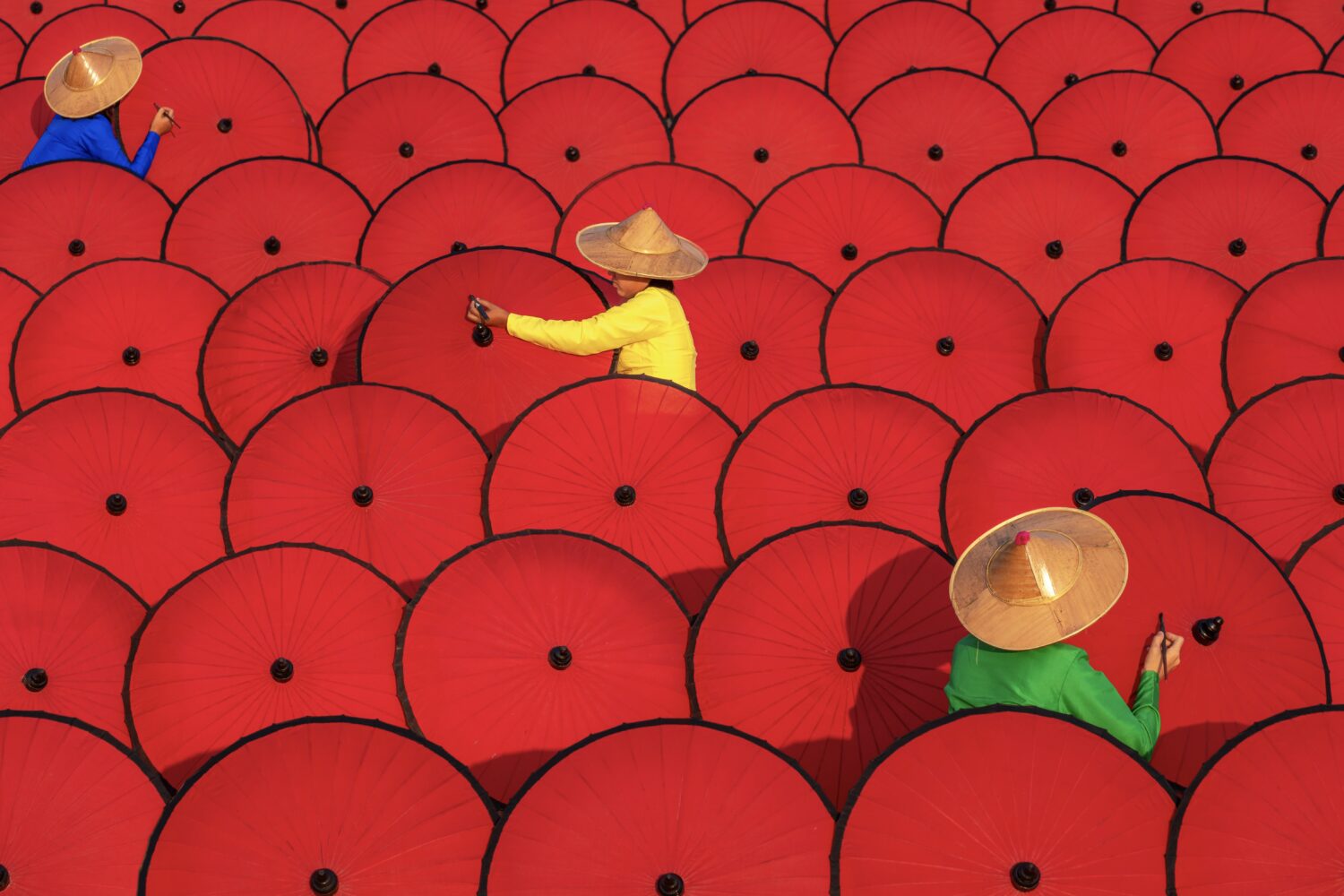
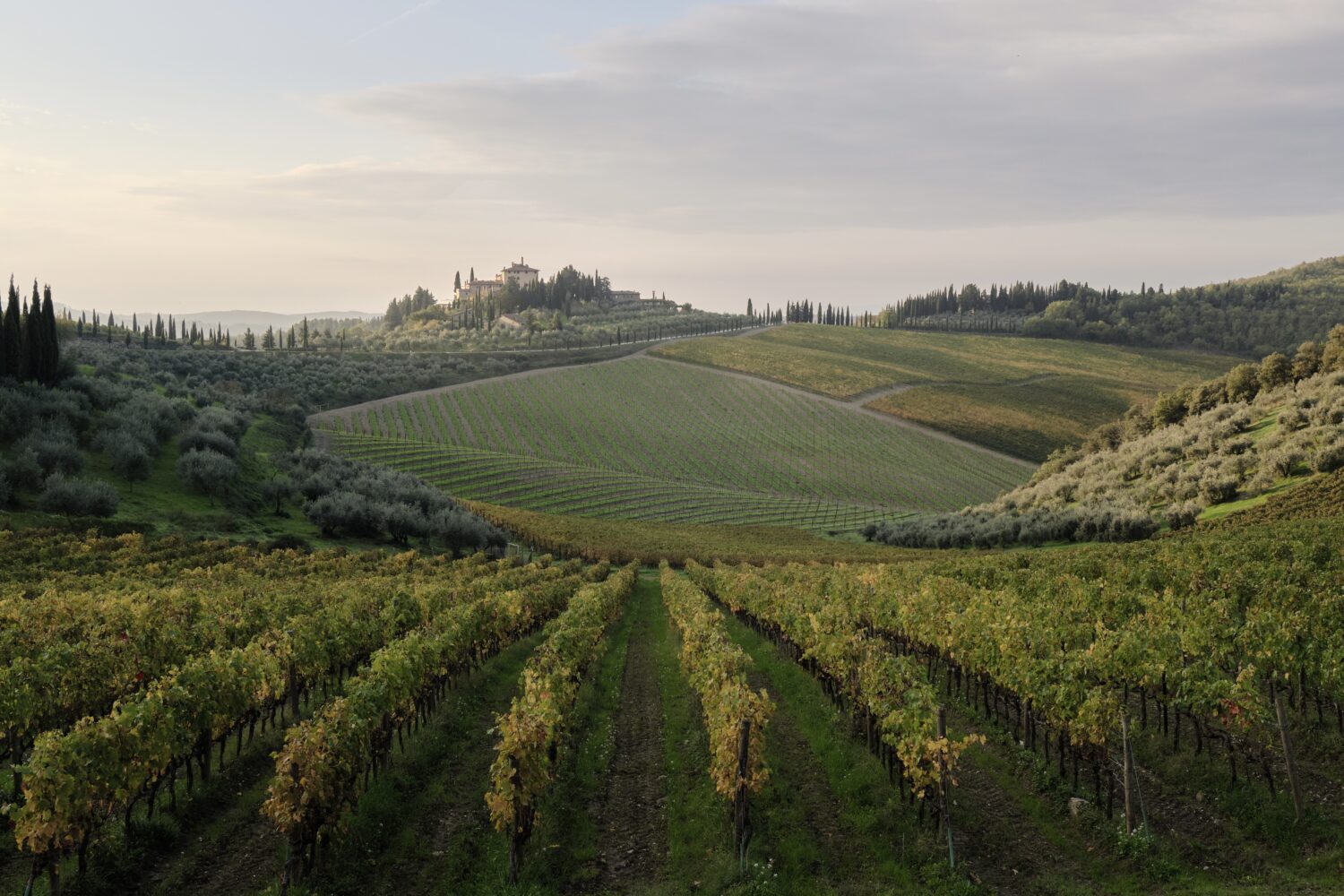
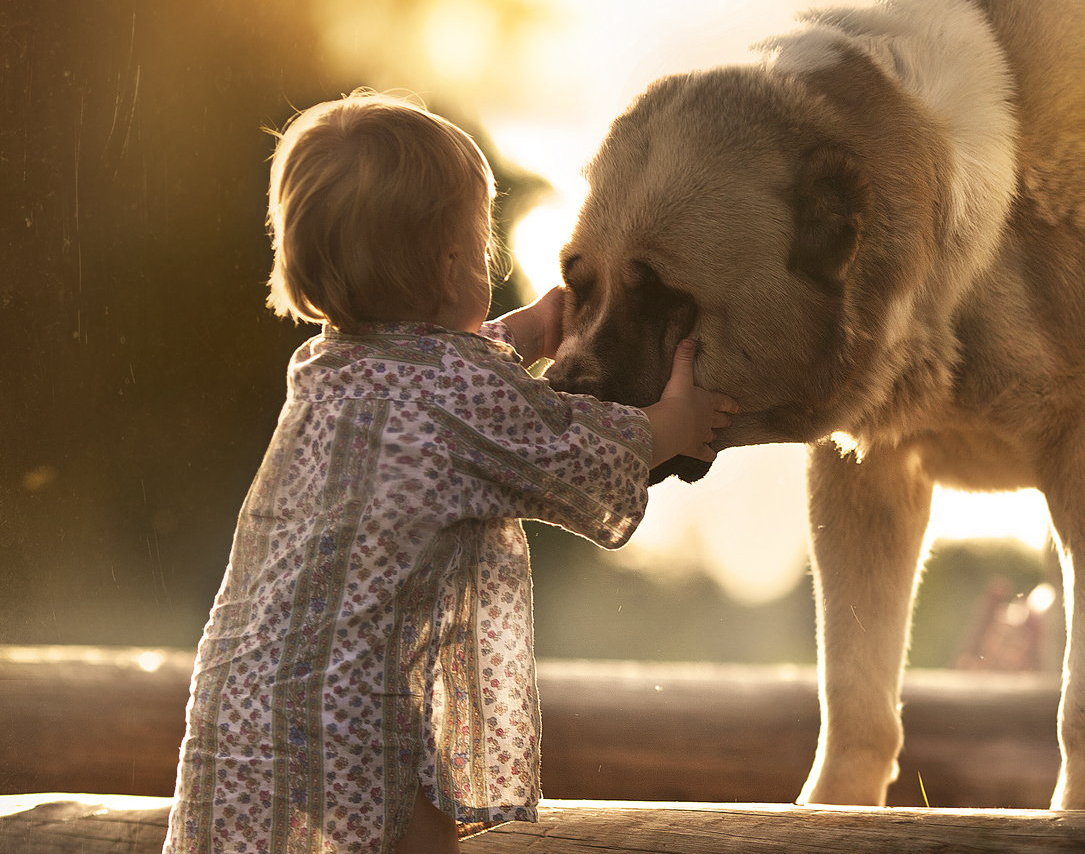
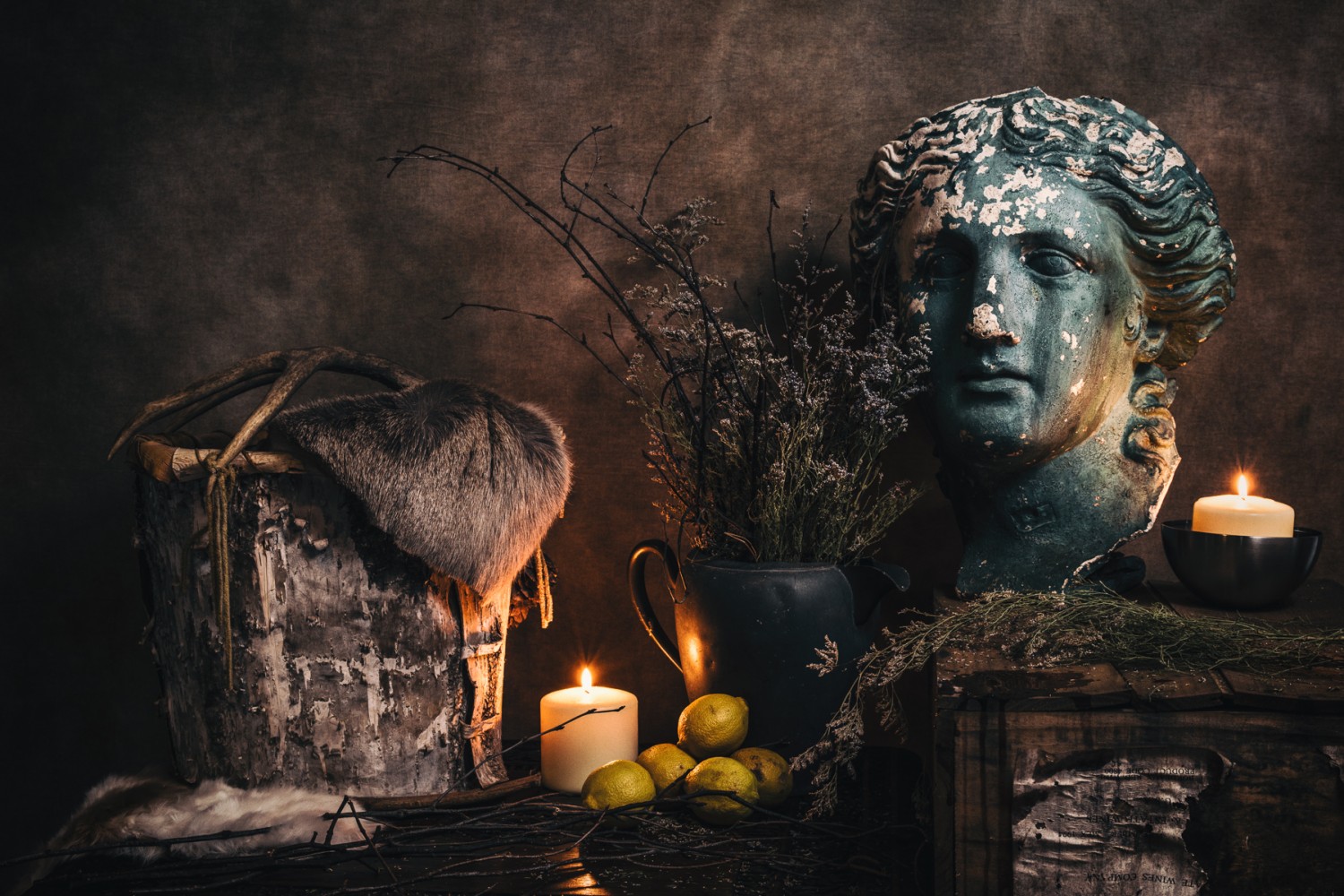
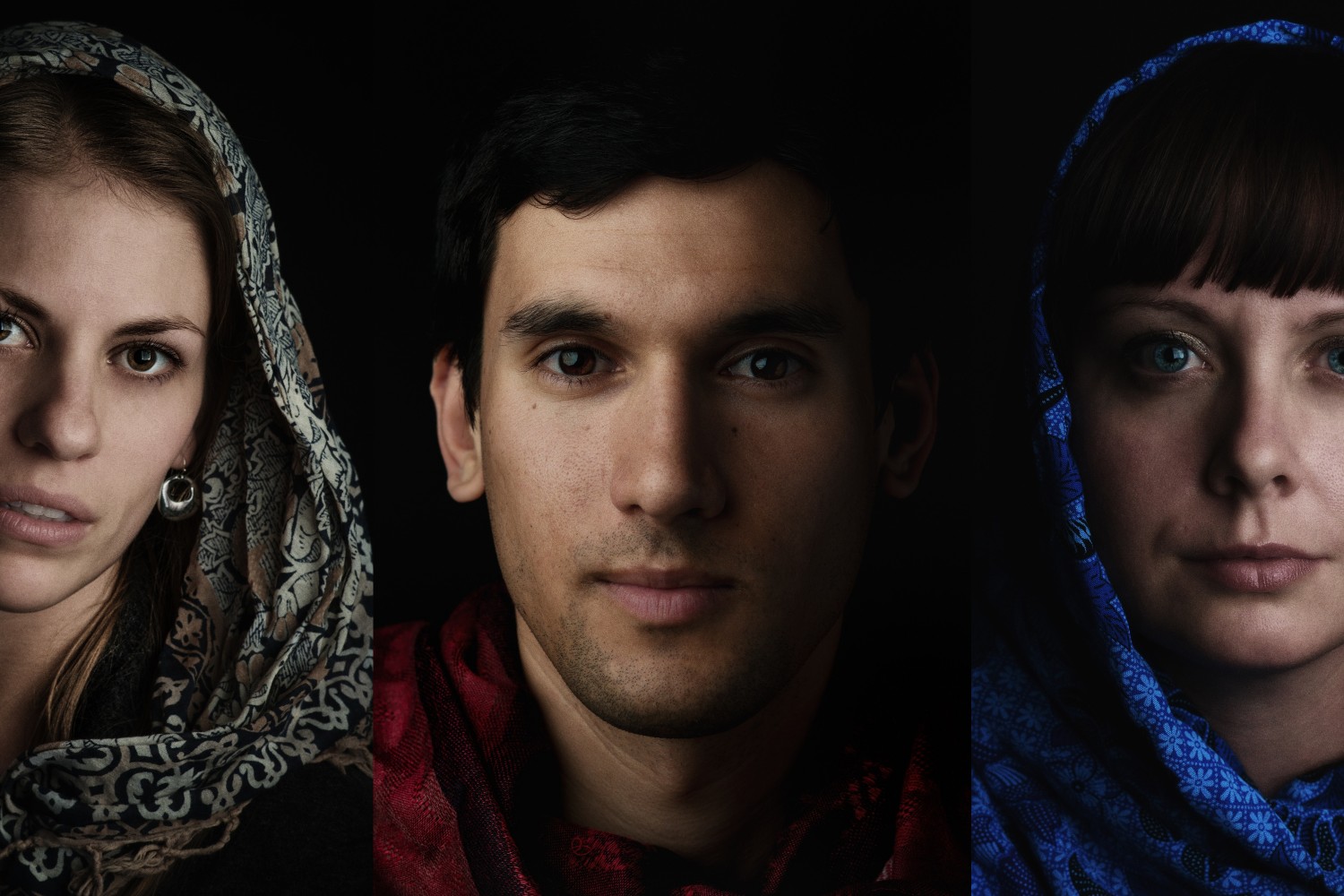
Leave a reply